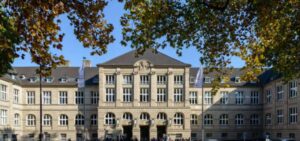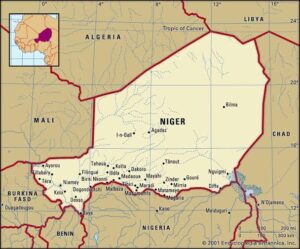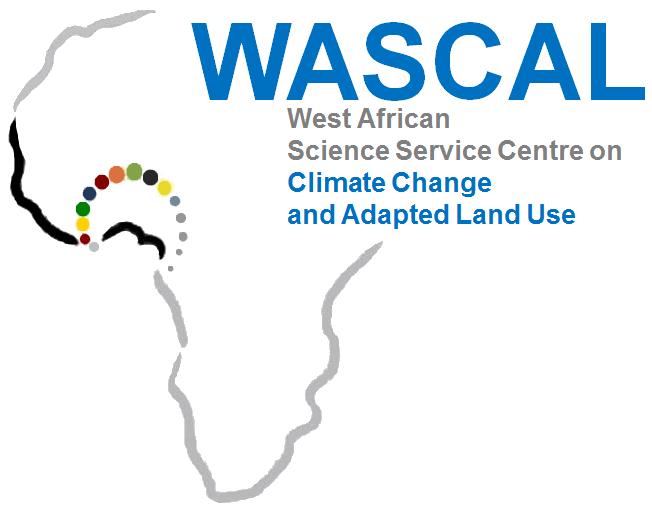 German university TH Köln, alongside its partners, is setting up a solar energy system at a secondary school in the Dossa region of Niger as part of a pilot project in the country.
German university TH Köln, alongside its partners, is setting up a solar energy system at a secondary school in the Dossa region of Niger as part of a pilot project in the country.
It aims for the project to improve the local water, improve the electricity supply, improve the food supply, strengthen the rural economy and provide a profitable business model for local investors. The partners, African and German universities and private companies, are targeting the rural areas of the country due to the low access to energy.
The project, named RE-TO-DOSSO, is being funded by the German Federal Ministry of Education and Research as part of the Client II – International partnerships for Sustainable Innovations measure over three years. The Institute for Technology and Resource Management in the Tropics and Subtropics (ITT) at the TH Köln acts as the consortium leader in the €2.6 million ($3.05 million) investment.
The project partners specifically selected a secondary school as it is common to villages in the country. The first solar system will be around 200 square meters and can generate between 15 and 20 kilowatts of power upon completion.
Laboratories for hybrid energy systems and green energy will also be established at the Abdou Oumouni University of Niamey to support researches that may be carried out when the solar system comes online. They will be equipped with simulation modules for photovoltaics, wind turbines, battery storage, a specialist library and a solar-powered alkaline electrolyser to study hydrogen production.
The generated electricity can also be purchased by the local villages for their companies or the development of new business ideas. Other possibilities of the project are battery rental for villages, the use of cold storage for agricultural products, the ability to charge mobile devices or an e-moped as a taxi, delivery services and the supply of houses in the village with energy.
Commenting on the project, Professor Ramchandra Bhandari of the ITT at TH Köln said: “In Niger, according to the local electricity supply authority, only 25% of the population has access to electricity. In rural areas, where around 84% of the population live, the proportion is only 8%.”
“After the installation, a local entrepreneur operates the solar system. We want to show that power generation not only advances the place, but is also a profitable business model. If it becomes clear that money can be made with our concept, this will hopefully motivate investors to install and operate solar systems elsewhere in the country.”
“This location has the advantage that the children come into contact with renewable energies at an early stage and develop an awareness of sustainable thinking. In addition, they are our multipliers in the village community, so that as many people as possible hear about the project and develop their own business ideas.”




